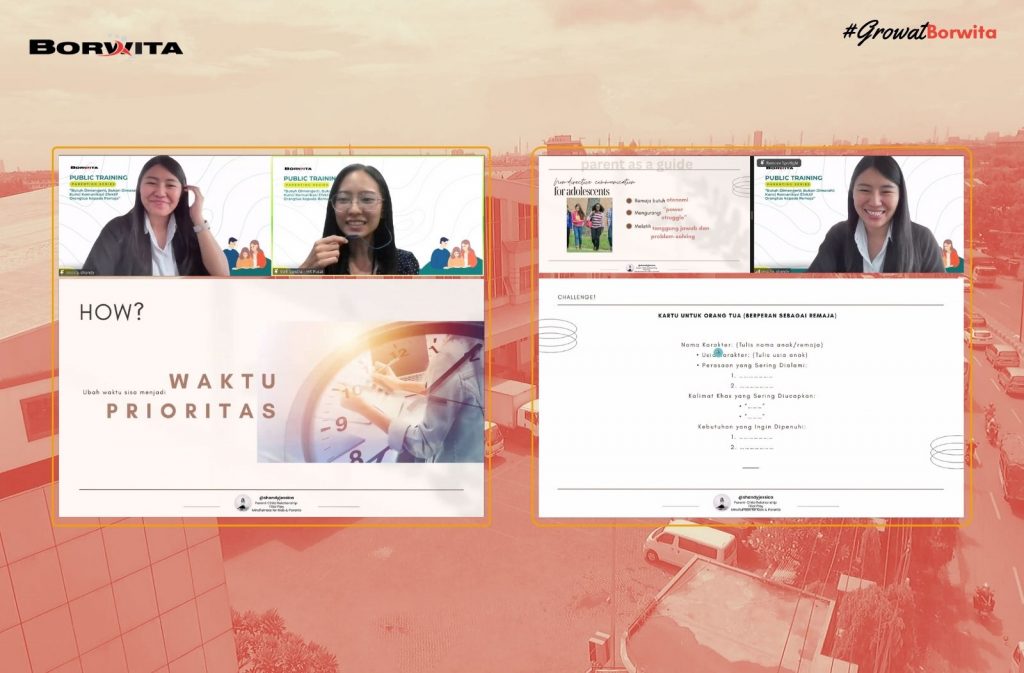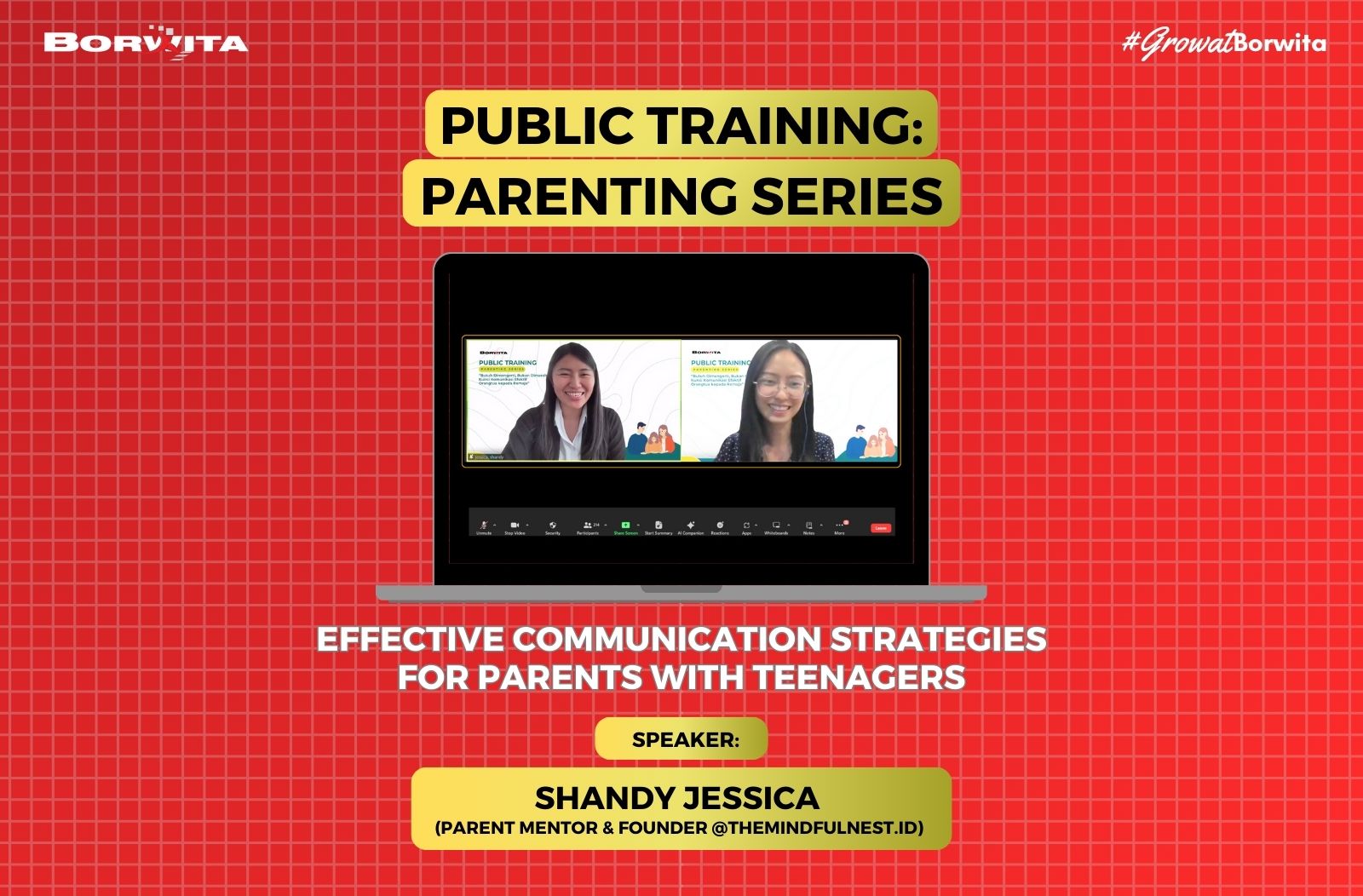Adolescence is often referred to as a period of “identity exploration.” During this stage, teenagers experience significant changes physically, emotionally, and cognitively. These transitions often create dynamics in the parent-child relationship. Parents want the best for their children, while teenagers want to be understood—two intentions that can sometimes clash.
According to the World Health Organization (WHO), adolescence is the most vulnerable period for family conflicts, as teenagers are in the process of building their identity and independence. Meanwhile, UNICEF Parenting Hub UNICEF Parenting Hub highlights that adolescents who feel heard and understood by their parents are more likely to be mentally healthy and make better decisions.
Both findings emphasize one clear message: effective communication between parents and teenagers is not optional it is essential.
Why Conflicts Often Escalate at Home
Many family conflicts do not stem from major issues but from ineffective communication. For example, when a teenager comes home late without notice, parents might immediately react harshly: “Why are you coming home at this hour?!” From the parent’s perspective, this is an expression of care. But from the teenager’s side, it can feel like an attack or accusation.
This mismatch complicates the relationship. Teenagers feel distrusted, while parents feel unappreciated. In reality, both want the same thing safety and trust. The barrier is not intention, but the way the message is delivered.
A study published in the Journal of Family Communication found that teenagers who often receive reactive responses from parents (anger, blame, or judgment) are more likely to experience stress and withdraw emotionally. On the other hand, teenagers who receive communicative responses (listening, inviting dialogue, discussing) are more likely to build emotional closeness with their parents.
From Reactive to Communicative: A Shift That Matters
Family psychologists emphasize that one of the most effective ways to reduce conflict is by pausing before reacting. While it sounds simple, this brief pause allows parents to choose: unleash emotions, or take a breath and listen first.
Some practical steps include:
- Pause before reacting
When tempted to scold or get angry, take a short pause. Breathe deeply, calm yourself, and choose words that build understanding. - Practice active listening
Allow your teenager to express their feelings. Show genuine attention through body language eye contact, nodding, or simple affirmations like “I hear you.” - Use positive language
Replace blaming statements with constructive ones. Instead of saying “You’re always lazy!”, try “Let’s find a way to help you stay motivated.” - Involve teenagers in finding solutions
Discuss consequences together. When teenagers take part in decision-making, they feel more responsible and respected.
By shifting from reactive to communicative, the home becomes a safe space for sharing, rather than a battlefield whenever issues arise.

Borwita’s Parenting Series: Empowering Employees as Parents
Recognizing the importance of this topic, Borwita Citra Prima, a trusted FMCG distributor in Indonesia, organized the Public Training Parenting Series titled “Understanding, Not Scolding: Keys to Effective Communication Between Parents and Teenagers.”
The training was attended by hundreds of Borwita employees and explored:
- How to understand family conflicts and their root causes.
- Transforming communication styles from reactive to communicative.
- Practical strategies to build harmony at home.
For employees, this session became both a moment of reflection and a source of practical guidance for navigating the challenges of parenting teenagers.
At Borwita, the belief is simple: happy employees at home are more empowered at work. That is why Borwita’s care goes beyond professional development, it extends into personal and family well-being.
As a leading FMCG distributor with nationwide reach, professional services, and a modern distribution network, Borwita understands that building a sustainable business also means supporting the people behind it. Programs like the Parenting Series are a concrete reflection of Borwita’s commitment to empowering employees not only as professionals but also as parents, partners, and family members.




